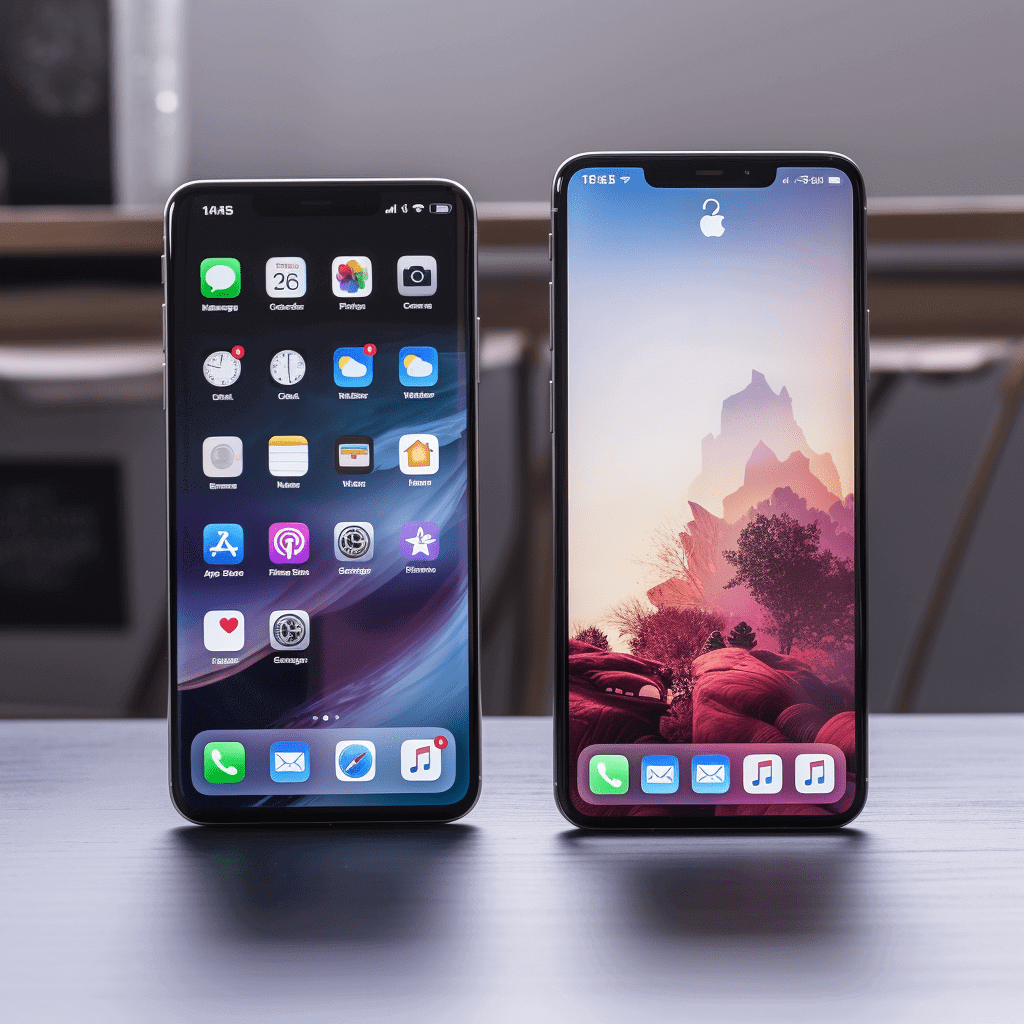Apple has seen a massive loss of approximately $200 billion in market value after the Chinese government imposed restrictions on the use of the iPhone by its public sector employees. The company’s shares fell 6.4% in two days due to this regulation.
Beijing’s decision is believed to stem from rising tensions between the United States and China, along with growing competition from Chinese tech rival Huawei. The latter has recently introduced two new smartphone models.
This setback for Apple precedes the expected launch of the iPhone 15 and comes as Huawei seeks to regain its footing after facing challenges from a trade blacklist over security concerns in 2019.
Officials from central government agencies and state-owned companies were instructed to avoid iPhones and other foreign-branded smartphones, sources said. An insider also revealed that companies incentivized employees with payments of up to 200 yuan to switch to domestic brands. In addition, visitors to these entities have faced similar usage restrictions.
Bank of America predicts the move could reduce annual iPhone sales in China to 10 million units from its usual 50 million. Meanwhile, Huawei’s latest Mate 60 Pro could boost the company’s smartphone sales by 65% to 38 million this year, as claimed by TF International Securities’ Ming-Chi Kuo.
“Apple faces significant challenges with this move. China represents Apple’s largest international market, contributing approximately 20% of its total revenue,” commented Victoria Scholar of Interactive Investor.
Reacting to questions about this development, Chinese Foreign Ministry spokesman Mao Ning emphasized that products from any nation are welcome in China, as long as they align with local regulations. However, several analysts said the situation highlights that even companies with favorable government ties are susceptible to discord between the United States and China.
The ongoing tug-of-war between the nations is evident as the United States seeks to restrict access to China’s technological advances and China counters by reducing reliance on American technology. In addition, the US Department of Commerce has begun investigating the new Mate 60 Pro chip, suspecting that its production may have involved embargoed US technology.
This article is sourced from and written by AI.
Track and stay informed about AI-generated news:

